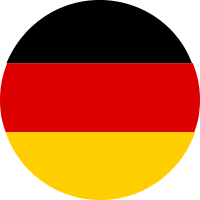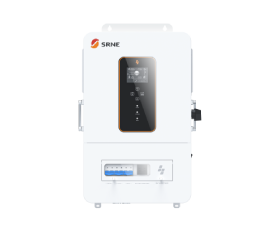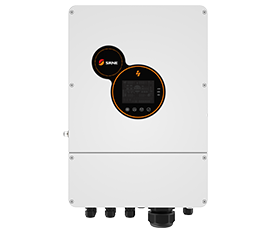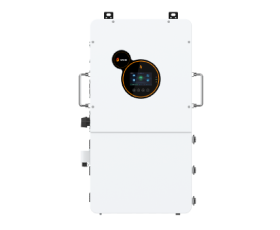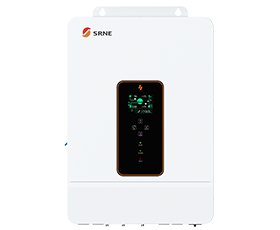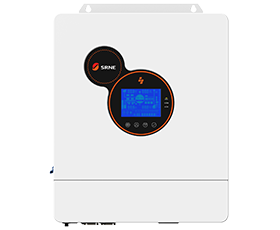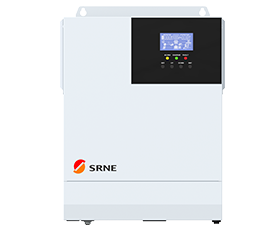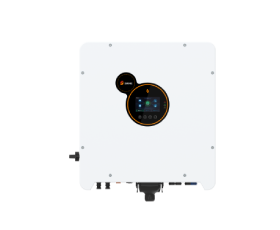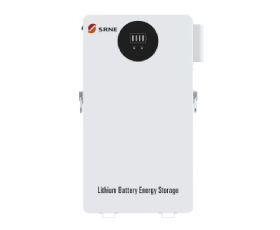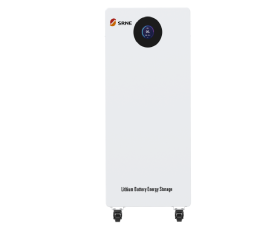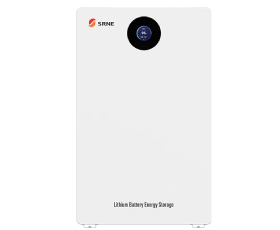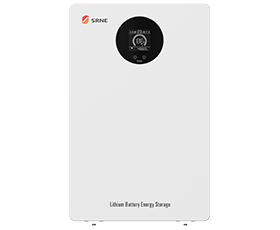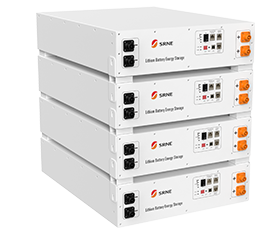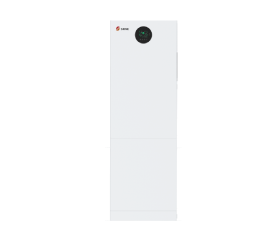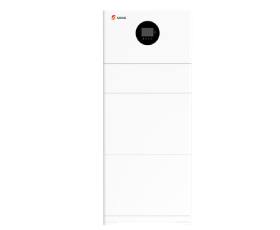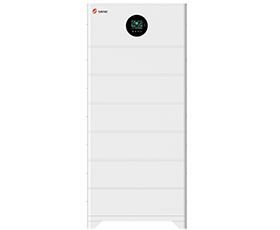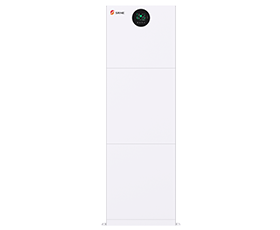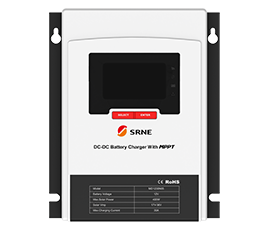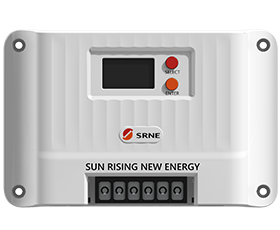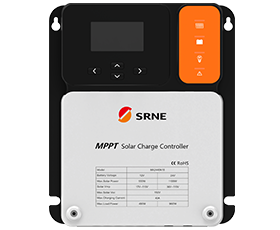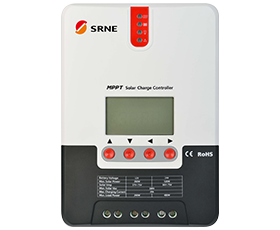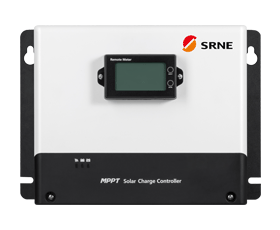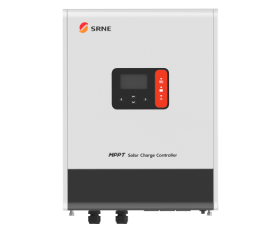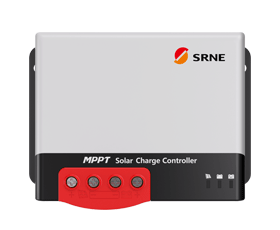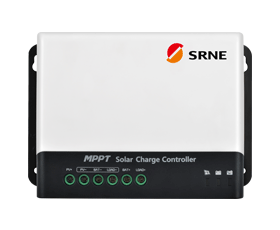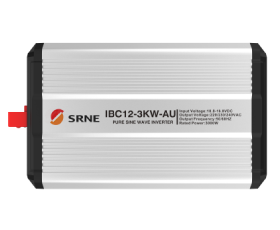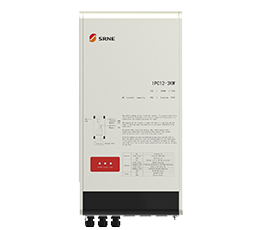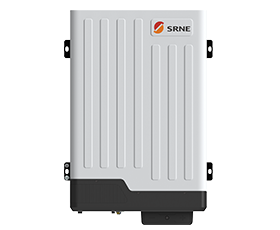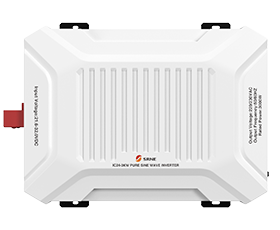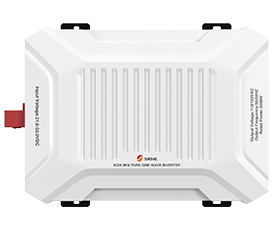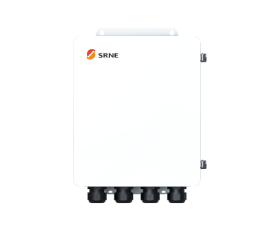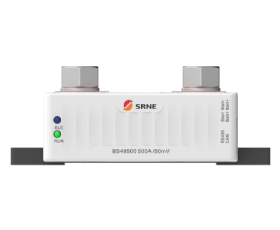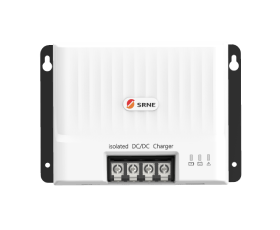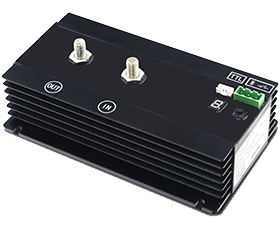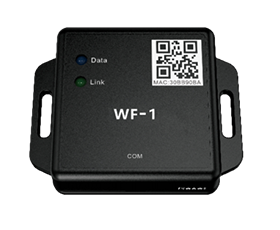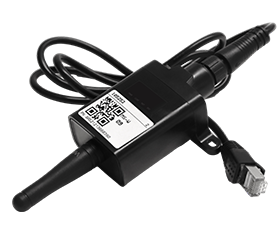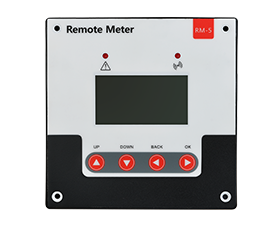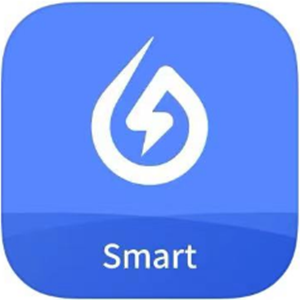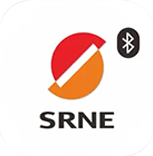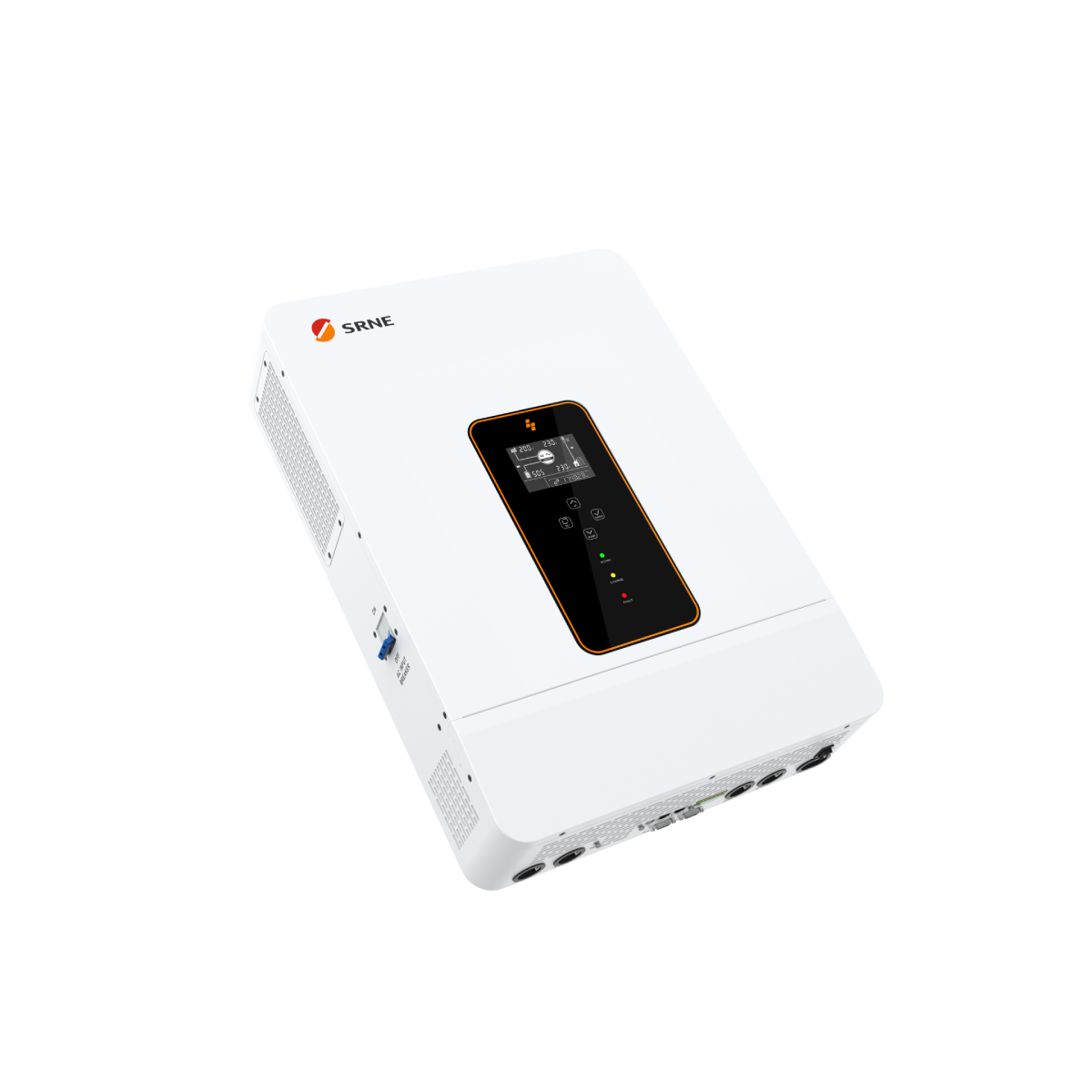What is solar charge controller for boats
With the rising awareness of energy use and conservation, and the expanding demand for power on both day-use recreational and offshore cruising boats, many boat builders and boat owners are turning to alternative sources of power, such as solar energy.
Solar charge controllers are incredibly useful for boats out in the sun all day without access to shore power. Being able to harness the sun’s energy to fuel our tech-heavy lives is a fantastic feat. From the smallest fishing boat to the largest yacht, solar charging offers convenience and peace of mind when your battery is running low. The decision of how to wire the system and choose the best type and number of controllers is more complicated.
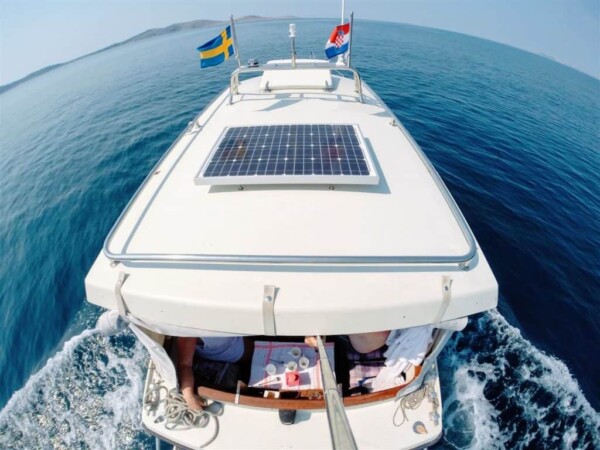
The solar charge controller ensures safe charging conditions by regulating the current and voltage flowing to the batteries. The sophistication and efficiency of solar controllers has improved greatly in recent years. When selecting a charge controller for the solar panels, you will see two primary options: PWM and MPPT charge controllers. The MPPT (Maximum Power Point Tracking) controllers have essentially eclipsed the older PWM (Pulse Width Modulation) versions, offering much greater efficiency at harvesting power from the sun.
A PWM charge controller uses electronics to rapidly pulse the current flow. The pulsing prevents the battery from overcharging by limiting the amount of current flowing to it. However, PWM controllers do not have any control over the charge voltage. This means that you need to select solar panels near or slightly above your battery system voltage.
MPPT charge controllers are also known as DC-to-DC converters and regulate both voltage and current. MPPT controllers can control the power on the solar panel side of the controller and the battery side. This enables the charge controller to find the maximum operating efficiency of the solar panels by holding the correct voltage.
MPPT charge controllers cost more than PWM controllers, but they’re also up to 30% more efficient. Additionally, MPPT controllers allow you to use much higher voltage solar panels, giving you more options.
Advantages of Solar Charge Controllers for Boats
Regardless of the size of the solar power system, solar charge controllers on boats provide some excellent benefits when it comes to helping maintain your battery’s charge.
Harnesses the Sun’s Energy
For liveaboard or cruising boats, you may not be near fuel or power sources regularly. Luckily, the sun’s energy is delivered to your boat free of charge every day. All you need to do is harness it. A solar power system collects this energy anywhere the sun shines for your use whenever you need it.
Silent and Fuel Free
Traditional gas generators are noisy and require continuous refueling. Even wind generators can be loud and cause vibration interrupting a peaceful day on the water. Solar charge controllers are silent and don’t require anything other than the sun to provide clean energy for your boat.
Little to No Maintenance
Rugged solar boat power systems can withstand harsh weather and marine applications. After the initial purchase, there are rarely other expenses or maintenance required.
Hope this article will help you know more about solar charge controllers for boats.







